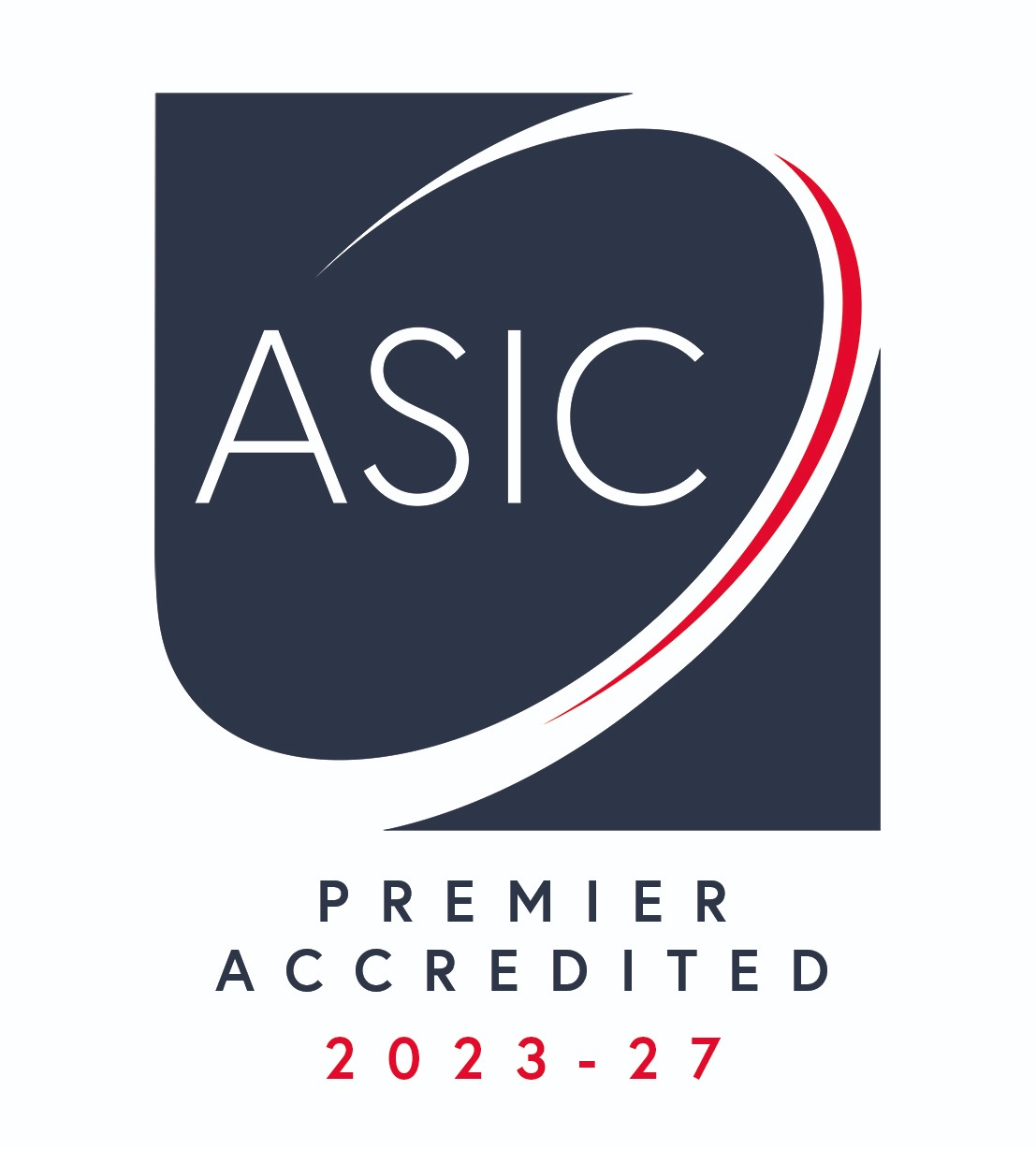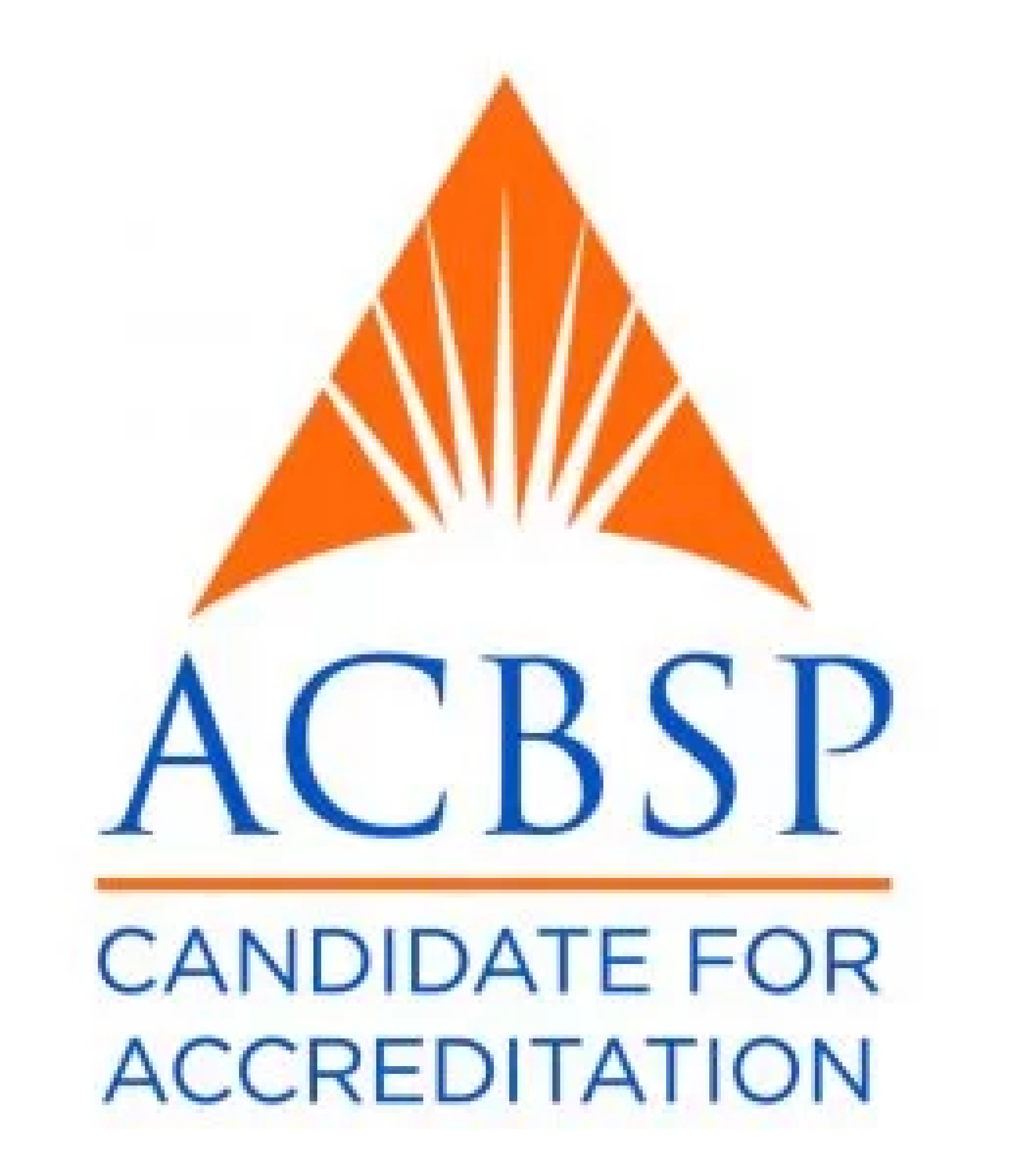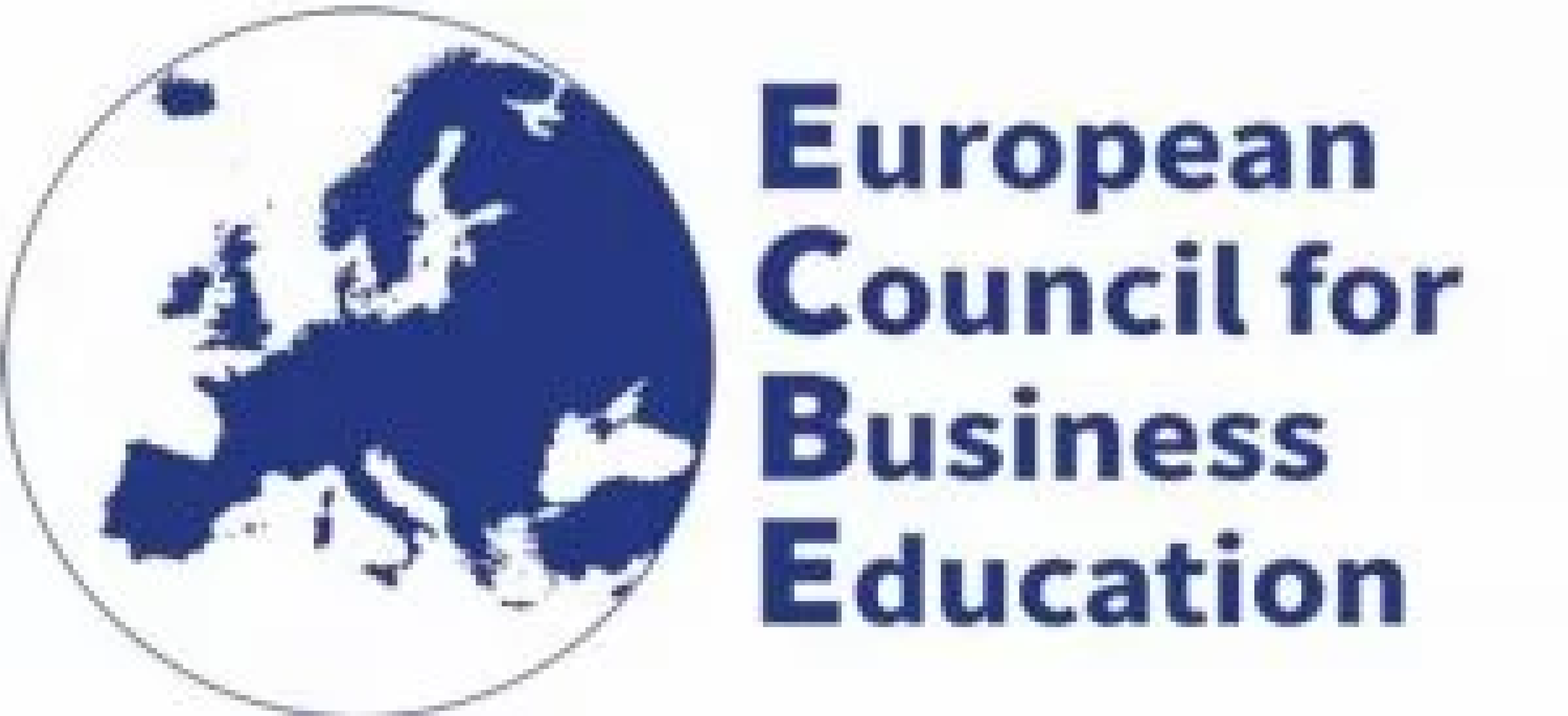Unit/Subjects:
M-951: Introduction to Business, Finance & Accounting [9 ECT]
Introduction:
This subject provides a foundational overview of the business environment, emphasizing the role of finance and accounting. Students will learn the basic principles of financial management, the structure of financial statements, and the key concepts in accounting. This course sets the stage for more advanced studies by introducing the core elements that drive business decisions and financial strategies.
Learning Outcomes:
1.Understand the fundamental concepts of business, finance, and accounting.
2.Analyze and interpret basic financial statements and accounting reports.
3.Apply foundational principles to evaluate financial performance and make informed business decisions.
4.Develop a comprehensive understanding of the business environment and the role of finance and accounting within it.
M-952: Corporate Finance & Accounting [9 ECT]
Introduction:
Corporate Finance & Accounting delves into the financial decision-making processes within corporations. Topics include capital budgeting, capital structure, dividend policy, and mergers and acquisitions. Students will explore how financial strategies are formulated and implemented to maximize shareholder value and ensure the financial health of the organization.
Learning Outcomes:
1.Master the principles of corporate finance, including capital budgeting, capital structure, and dividend policy.
2.Evaluate corporate financial strategies and their impact on shareholder value.
3.Understand and analyze mergers, acquisitions, and other corporate restructuring activities.
4.Apply advanced accounting practices to manage corporate financial information and reporting.
M-953: Cost and Management Accounting [9 ECT]
Introduction:
This subject focuses on the principles and practices of cost accounting and management accounting. Students will learn how to use cost information for planning, controlling, and decision-making. Topics include budgeting, variance analysis, cost allocation, and performance measurement, enabling students to contribute effectively to managerial decision-making processes.
Learning Outcomes:
1.Develop proficiency in cost accounting techniques and their application in business decision-making.
2.Analyze and interpret cost information for budgeting, variance analysis, and performance evaluation.
3.Implement management accounting strategies to enhance organizational efficiency and effectiveness.
4.Use cost data to support strategic planning and operational control.
M-954: Advanced Financial Reporting and Analysis [9 ECT]
Introduction:
Advanced Financial Reporting and Analysis covers the preparation and interpretation of complex financial reports. Students will gain a deep understanding of financial statement analysis, consolidation, and the application of international financial reporting standards (IFRS). This course emphasizes analytical techniques to evaluate financial performance and support strategic decision-making.
Learning Outcomes:
1.Prepare and interpret complex financial statements in accordance with international financial reporting standards (IFRS).
2.Conduct detailed financial statement analysis to evaluate an organization’s financial health and performance.
3.Understand and apply consolidation techniques for group financial statements.
4.Utilize advanced analytical tools to support strategic decision-making processes.
M-955: Advanced Accounting & Financial Strategy [9 ECT]
Introduction:
This subject integrates advanced accounting practices with financial strategy formulation. Students will explore topics such as strategic cost management, financial planning, and value- based management. The course aims to develop strategic thinking skills and the ability to align financial practices with long-term organizational goals.
Learning Outcomes:
1.Integrate advanced accounting practices with strategic financial planning.
2.Develop and implement financial strategies to achieve organizational goals.
3.Analyze the impact of financial strategies on business performance and value creation.
4.Utilize strategic cost management techniques to enhance competitive advantage.
M-956: Governance, Audit & Financial Compliance [9 ECT]
Introduction:
Governance, Audit & Financial Compliance examines the frameworks and standards that ensure the integrity of financial reporting and corporate governance. Students will study internal controls, risk management, and auditing practices. The course also covers regulatory compliance, ethical standards, and the role of governance in fostering transparency and accountability.
Learning Outcomes:
1.Understand the frameworks and standards governing corporate financial reporting and compliance.
2.Evaluate internal control systems and risk management practices.
3.Conduct comprehensive audits to ensure accuracy and integrity in financial reporting.
4.Apply ethical standards and regulatory requirements in financial practices and decision- making.
M-957: Strategic Financial Management [9 ECT]
Introduction:
Strategic Financial Management focuses on the integration of financial management with strategic business planning. Students will learn about financial forecasting, strategic investment decisions, and the management of financial resources to achieve competitive advantage. This course emphasizes the role of financial strategy in driving organizational success.
Learning Outcomes:
1.Integrate financial management principles with strategic business planning.
2.Develop financial forecasts and models to support strategic decision-making.
3.Analyze and manage strategic investments to achieve long-term business objectives.
4.Utilize financial resources effectively to drive organizational success.
M-958: Risk Management and Financial Engineering [9 ECT]
Introduction:
Risk Management and Financial Engineering explores the identification, assessment, and management of financial risks. Students will study various financial instruments and techniques used to hedge risks, including derivatives, options, and futures. The course also covers financial engineering principles to design innovative financial products and solutions tailored to specific risk management needs.
Learning Outcomes:
1.Identify, assess, and manage various types of financial risks.
2.Understand and apply financial instruments and derivatives for risk management.
3.Develop innovative financial products and solutions using financial engineering principles.
4.Implement strategies to hedge against financial risks and enhance organizational stability.
M-959: Action Research Paper [18 ECT]













